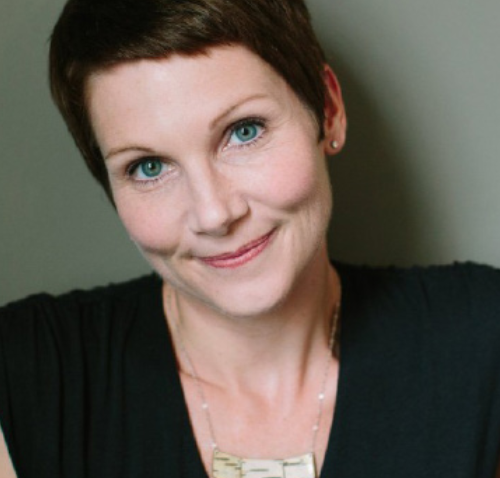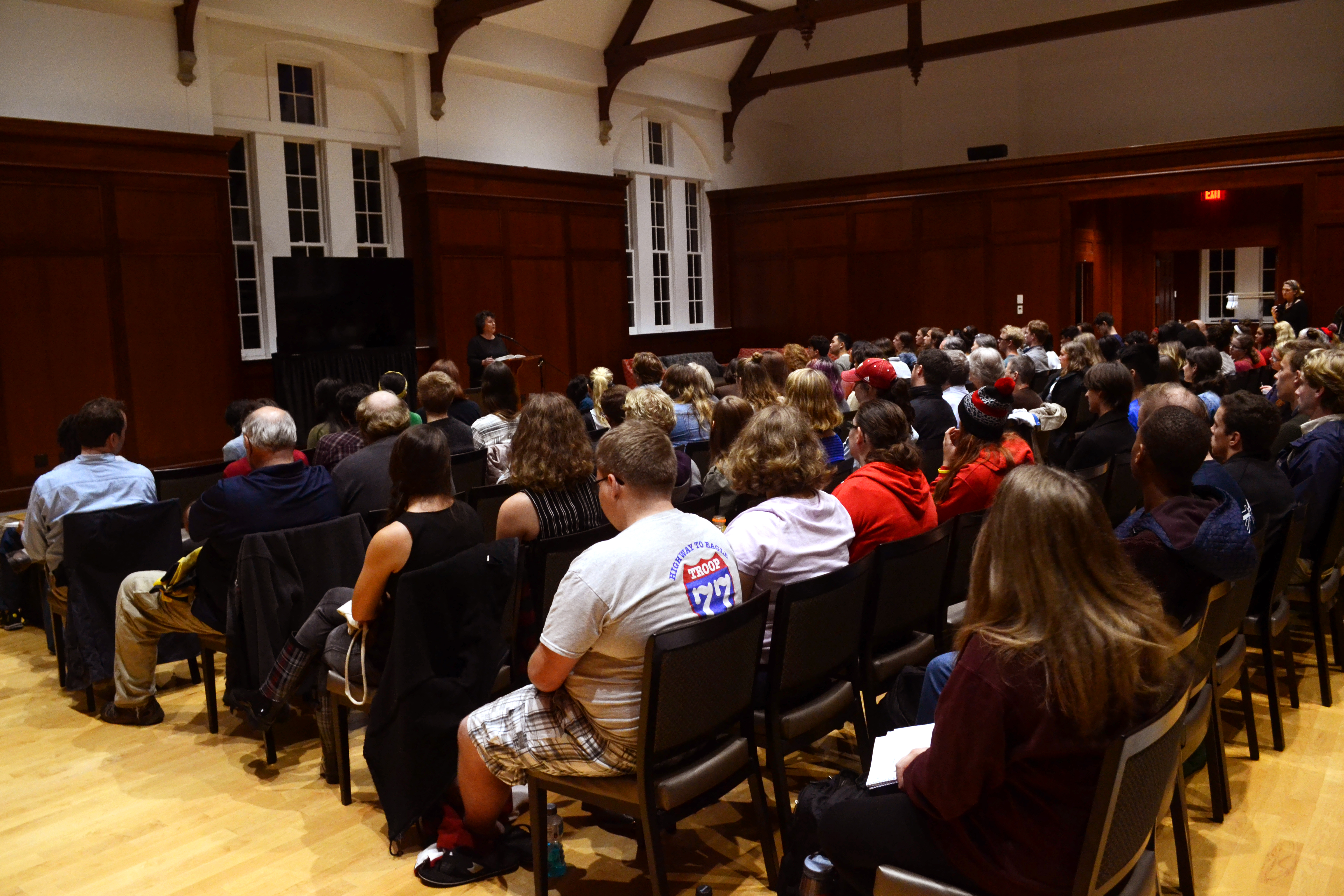By Liz Hardaway, Arts & Entertainment Editor
Following the shooting at ‘Pulse’ night-club in Orlando, Florida, people turned to art and poetry as a way to heal. Ohio Wesleyan alumnus Maggie Smith was part of that healing process. Her poem, ‘Good Bones’ was a viral hit.
Smith ‘99 came to the Bayley room on April 5, and read samples of some of her poems. Smith is most known for her poem ‘Good Bones,’ which generated viral fame throughout social media after the shooting at Pulse nightclub this past summer.
“‘Good Bones’ was heartbreaking and poignant because it voiced the grief that many of us felt in 2016,” said sophomore Em Sutliff. “For me, it expressed how I was scared, confused, angry and yet, somehow hopeful for my community de- spite everything that had happened.”
Public Radio International named ‘Good Bones’ its of cial poem of 2016, citing that the poem had been shared and read an estimated one million times.
“Life is short and the world is at least half terrible, and for every kind of strang- er, there is one who would break you, though I keep this from my children,” writes Smith.
Smith gets most of her inspiration for her poems from her children when she’s with them in the car or on their way to school.
“If it has taught me anything, we don’t know the impact that our work can have when we sit down to write,” said Smith in her talk. “We have no idea who we might reach or at what capacity or how many people.”
Smith will become an Ohio Wesleyan faculty member next fall to replace David Caplan while he is on sabbatical. Smith plans to teach introduction to poetry and courses in literature.
Smith ended her talk on a positive note, challenging listeners in the room to not say anything negative for a week.
Smith has written three books: Good Bones, The Well Speaks of Its Own Poi- son and Lamp of the Body. She has also the author of three prize-winning chap- books. A part of “Good Bones” was read aloud on the April 9 episode of the CBS show “Madame Secretary.”

